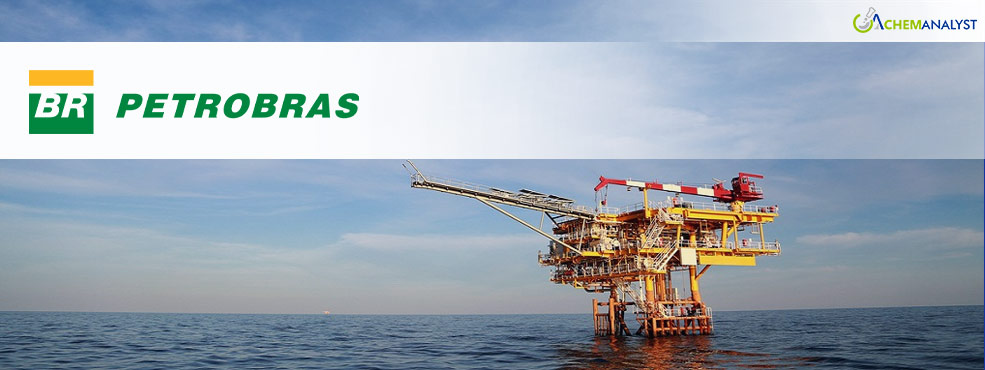Welcome To ChemAnalyst

Brava Energia, a Brazilian oil and gas company, has announced that it will not be able to proceed with the acquisition of oil and gas fields and associated infrastructure off the coast of Brazil, as a key condition set by Petrobras, the country’s state-owned energy giant, was not met. This condition was crucial for the closing of the deal, and its failure has led to the termination of the acquisition process.
In December 2023, Enauta, which has since rebranded as Brava Energia, disclosed a contract worth $48.5 million, with an initial payment of $7.27 million, to acquire the FPSO Cidade de Santos. This Floating Production Storage and Offloading (FPSO) unit is operated by MODEC and is located in the Uruguá and Tambaú fields in the Santos Basin. The FPSO acquisition was part of a larger deal with Petrobras, which included the purchase of the Uruguá and Tambaú oil and gas fields, along with a 178-kilometer natural gas pipeline linking the production platform to the Mexilhão field’s natural gas infrastructure.
However, in July 2024, Brava Energia confirmed that it had terminated its agreement with MODEC regarding the procurement of the FPSO Cidade de Santos. The company expected to be reimbursed 50% of the amount it had already paid in the initial contract signing. This cancellation of the FPSO deal led Brava Energia to begin discussions with Petrobras to end the acquisition process for the oil and gas fields and associated infrastructure.
As a result of these developments, Petrobras notified Brava Energia of its decision to terminate the contract for the transfer of its entire stake in the Uruguá and Tambaú fields. The agreement’s conclusion had been contingent upon the successful acquisition of the FPSO. Since this condition was not fulfilled, Petrobras opted to end the transaction. In line with the contractual terms, the $3 million deposit that Brava Energia paid on December 21, 2023, will be retained by Petrobras.
This setback comes at a time when Brava Energia is continuing to advance other initiatives. Recently, the company signed an agreement with PetroReconcavo, a Brazilian oil and gas firm, to set the terms for the acquisition of its natural gas outflow and processing infrastructure in Brazil’s Potiguar Basin. This deal with PetroReconcavo reflects Brava Energia’s ongoing efforts to streamline its operations and focus on the development of its assets, despite the challenges faced with the Petrobras deal.
The termination of the acquisition deal with Petrobras highlights the risks and complexities involved in large-scale energy transactions. The failure to meet the condition for acquiring the FPSO Cidade de Santos underscores the importance of ensuring that all contractual obligations are met for such deals to proceed smoothly. Brava Energia’s shift in focus to other deals, like the one with PetroReconcavo, may help the company navigate these challenges and continue its growth in the Brazilian energy sector.
Moving forward, it remains to be seen how Brava Energia will adjust its strategy in light of this setback, and whether new opportunities will emerge to compensate for the loss of the Petrobras fields. Despite this setback, Brava Energia’s ongoing efforts to develop its portfolio of assets indicate a continued commitment to expanding its footprint in Brazil’s oil and gas industry.
We use cookies to deliver the best possible experience on our website. To learn more, visit our Privacy Policy. By continuing to use this site or by closing this box, you consent to our use of cookies. More info.
